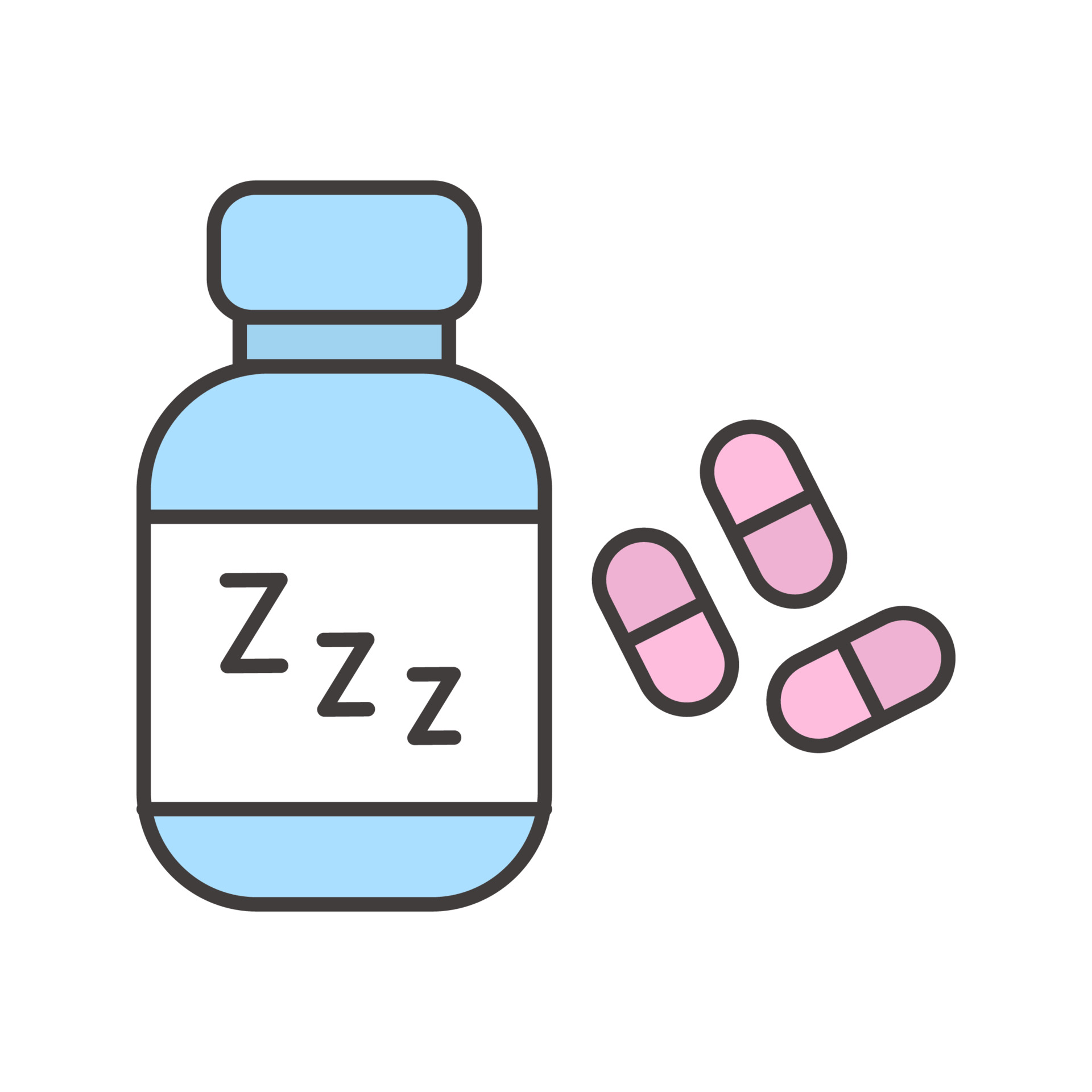
When sleep just won’t come, the night appears unusually longer.

At Bedtime, activities are settled, lonely sounds become noticeable from room electronics, the ticking of the clock and insect cries, then, either at the beginning of the sleep time or during the sleep interruption, you’re staring at the ceiling and the walls, thinking about work, transactions, bills, relationships or family, tossing and turning. When sleep just won’t come, the night appears unusually longer. This is the picture of sleep problems where one may have trouble falling asleep, staying asleep, or not feeling refreshed upon waking. If one regularly has such sleep troubles, it’s understandably tempting to resort to sleeping pills for relief.
As the name suggests, sleeping pills or medications help one catch some sleep. Sleeping pills may excitedly help people who have sleep problems to fall asleep easier, stay asleep longer or both. Rightly, the drugs should be taken only when prescribed by a well-trained qualified doctor for sleep problems. The various types of sleeping pills work to change brain chemicals differently and enhance sleep in the sleep-wake cycle. The pills slow down, silence and suppress the area of the brain that keeps one awake and alert. Contrary to the widespread belief that sleeping pills help people get a full, restful night’s sleep; several studies show that this is not exactly true. On average, people who take the drugs sleep only a little longer and a little better than those who don’t take them
What Are the Side Effects of Sleep Medication?
All sleeping pills have various serious and deadly damaging effects, which can be witnessed immediately in the following days or distantly during later months or years. These harmful effects vary depending on the specific drug, the dosage, the person’s age, and how long the drug lasts in one’s system.
They can cause immediate severe but rare allergic reactions which lead to sudden death including death during sleep. They can also cause dangerous sleep-related behaviours like sleep-walking (walking without full awareness of one’s surroundings and directions which usually results in falls, especially among older adults), sleep-driving (driving while drowsy with resultant accidents), sleep-eating (eating in the middle of the night with blurred alertness often resulting in food-choking, food-poisoning, and unhealthy feeding), sleep-talking (talking inappropriately while unaware of the jargon speech). In all, the person appears to be awake, but the person’s brain is not fully alert. Most people don’t remember doing these things after they wake up.
The dulling properties of some sleeping pills last well into the next day, leading to a next-day hangover effect, a drugged effect, the morning after taking them. People may feel confused and so sleepy the next day, have mixed-up thinking and experience dizziness or unsteadiness. These daytime effects can impair one’s ability to drive, operate machines, work, interact with others and complete daily tasks.
There are other numerous harmful effects of sleeping medications, affecting different body parts and functions, including interactions with other medications.
What Should I Do if I Experience Side Effects?
Considering the gravity of the destructive effects, it has been established that behavioural adjustments and sleep environmental changes are safer and better ways to improve sleep than medication, without the risk of deadly side effects – the reason we need to run away from the sleeping pills and embrace the following good sleep practices
Firstly, practices to ensure the brain’s good health:
- Consistently drink water at least 4.5L – 5.0L over the day, with urine turning colourless.
- Regularly eat just enough quantity of balanced diet two or three times daily.
- Regularly do SAFE exercises like fast walking, swimming, push-up sets, etc. – 30mins daily or at least five times a week.
- Avoiding smoking, excess alcohol and stimulants like caffeine.
- Keeping stresses in check with avoidance of avoidable stressors
- Maintaining the same sleep schedule, particularly the period to go to bed
Secondly, ensure sleeping-inducing surroundings by:
- Relaxing with soothing music, a good book or meditation.
- Sleeping in a calming and relaxing environment
- Sleeping on quality mattresses and pillows that are conducive sleeping surfaces for supportive posture
In our next article, we’ll discuss other numerous bad effects, good sleeping practices, and highlight the few occasions where sleeping pills can be prescribed by trained doctors along with the guidelines for pill use.

Are you currently facing any sleeping difficulty or looking for the best way to maintain quality sleep for generally wellbeing and healthy living?
A certified specialist is best fit to offer relevant advice for maintenance of quality sleep, sleep difficulties and solution.
Do you want to contact the Orthopaedic Sleep Consultant, Dr Charles Uzodimma, kindly send your request to sleepinfo@vitafoam.com.ng
Vitafoam is passionate about quality sleep, healthy living and general wellbeing of Nigerians. We are proudly Nigerian and constantly supports Nigerians with consistent quality products for comfort and wellbeing.